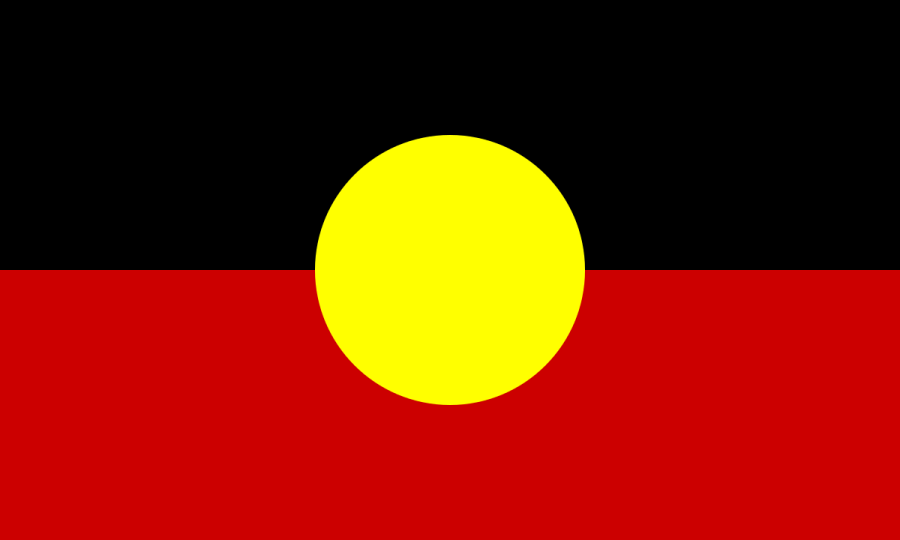In 1990, Mandawuy Yunupingu, lead singer of the Australian rock band Yothu Yindi and former principal of the Yirrkala Community Education Centre, was among the Yolngu (indigenous people of North East Arnhem Land) leaders who formed the Yothu Yindi Foundation1 with the aim of establishing a “bush university”—the Garma Cultural Studies Institute—in the region in order to enhance the education of Yolngu people and to share Yolngu knowledge systems with people from around the world.
In the 1980s Mandawuy was involved in the community-driven transformation of the Yirrkala School to gain community control of the school and its curriculum; he and his Yolngu colleagues wanted the curriculum under Yolngu control and supervision. With balanda (non-indigenous people) colleagues, they invented a governance structure that allowed them to explore alternative visions of what it means to be educated and literate. The ongoing establishment of the Garma Cultural Studies Institute (GCSI) is a result of these educational developments.
As an idea, garma has its roots in traditional ceremony (see also page 18). Garma (or ganma) is a place from which cultural meanings flow. It also implies balance—balance between Australia’s peoples and balance between people and the environment.
The Garma Cultural Studies Institute’s mission is to:
—Sustain and extend Yolngu intellectual traditions and knowledge systems
—Develop partnership and collaborative relationships with places of learning, other indigenous peoples, and the wider community
—Expand human knowledge in a spirit of mutual respect and tolerance
—Develop a Yolngu indigenous knowledge center.
In order to further these aims, the Yothu Yindi Foundation staged the first annual Garma Festival of Traditional Culture on a sacred site at Gulkula in northeast Arnhem Land in 1999. The festival was designed to encourage the practice, preservation, and maintenance of traditional dance (bunggul), song (manikay), art, and ceremony in an environment in which such traditions can be shared with visitors. The festival provides yidaki masterclasses for overseas students, weaving and painting workshops, spear-making and hunting workshops, bush medicine and bush tucker trips, and daily displays of traditional dance and song-cycles presented by a range of clan groups from the region.
Each of the five-day Garma festivals has hosted a Garma Cultural Studies Institute forum through which aspects of Yolngu culture could be understood in a wider context. In 1999 an academic forum forged links between the Garma Cultural Studies Institute and the Australian Vice-Chancellors Committee, the peak body for Australian universities, which acknowledged Yolngu knowledge systems. In 2000 the forum focused on Aboriginal culture in Australian educational institutions. In 2001 it explored indigenous Australians and the criminal justice system with input from judges, magistrates, lawyers, academics, and representatives from Aboriginal legal services nationwide. In 2002 (13-17 August) the forum, under the banner of Djakamirri Wangawu (“Caring for Country”), will focus on indigenous people and the environment.
The Djakamirri Wangawu Forum will bring together people from all walks of life—indigenous peoples, scientists, conservationists, venture capitalists, ecotourism experts, and industry representatives—to define new directions for equitable cultural exchange, sustainable economies, and wise use of natural resources.
The Forum will explore issues around the long-term economic sustainability of indigenous communities occupying, and in some instances reoccupying, their land and sea “country.” Northern Australia is currently undergoing a rapid escalation in development from tourism, agriculture and aquaculture, and offshore oil and gas. The Forum will look at how indigenous people as major landholders can manage this rapid change and encroachment, yet equitably engage with and benefit from emerging industries. It will also explore how indigenous people perceive Western notions like “conservation” and “sustainability.” The Forum aims to find and develop pathways of commonality between conservation and indigenous aspirations for economic independence. While focusing on the Arafura and Timor sea region, it will nevertheless draw on examples from indigenous guests from PNG, the South Pacific, and the Canadian Arctic.
As the first stage of the Garma Cultural Studies Institute, the Yothu Yindi Foundation has built the Yirrnga Music Development Center on the shores of Melville Bay for the recording and production of traditional Yolngu song cycles and the training of contemporary indigenous musicians from the Arnhem Land region. In order to understand the background of current dilemmas and attempts at solutions in the region, the book “An Intruder’s Guide To East Arnhem Land” by Andrew McMillan (Duffy & Snellgrove, Sydney 2002) is available through www.skinnyfishmusic.com.au.
Endnotes
1. An indigenous non-profit institution, the Yothu Yindi Foundation furthers the maintenance, development, teaching and enterprise potential of Yolngu cultural life.

